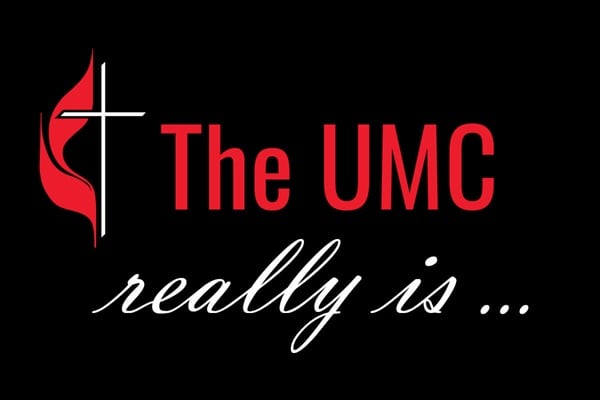This is part 1 of a seven part series. You may find all articles in the series, as they are published, on the series landing page.
The General Conference brings together lay and clergy delegates from every annual conference in The United Methodist Church. In 2024, just over 44%, nearly half, of the total number of delegates elected were from outside the United States. However, there is always a substantial number of petitions and other business items brought to the General Conference that relate solely to the United States.
For example, discussion of proposed changes to the retirement plans for United Methodists serving local churches in the United States took up a considerable amount of time in the legislative committee on financial administration, followed by 45 minutes of plenary time to present the plan and an additional 40 minutes of floor debate in another plenary session before a vote was taken to approve the plan. While central conference delegates had vote on this matter in both the legislative groups and in the plenary sessions, they had no stake in it. It did not affect them at all.
Plenary time is precious. It is the only time the worldwide church has together to determine the vision and plan for the financial support of the whole denomination. To spend such substantial amounts of plenary time on matters that affect only United Methodists in the United States deflects from the purpose of the worldwide gathering. It is a disservice to all, especially to those in central conferences.
And the pensions conversation was only one example of such deflection.
However, as part of the regionalization legislation it passed, the 2024 General Conference adopted and put into immediate effect a new body authorized to review and make recommendations to the whole General Conference about all legislative and business matters relating only or primarily to the United States. This is the United States Regional Committee, comprising all U.S. delegates to the General Conference plus one lay and one clergy delegate from each of the central conferences.
The United States Regional Committee would be assigned “all petitions pertaining to the operation, governance, witness and ministry of The United Methodist Church in the United States and which are adaptable by the central conferences.” It would meet starting two or three days prior to the regular session of the General Conference to process all legislation assigned to it, much as the Standing Committee on Central Conference Matters has done for some time with legislation that addresses or affects the central conferences.
This allows the United States Regional Committee, like the Standing Committee, to complete recommendations to the plenary session for all items assigned to it prior to the General Conference itself. While some items affecting only or primarily the United States might still require a vote of the plenary, none of these would take up time in regular legislative groups and fewer may require time for floor debate in the plenary.
The United States Regional Committee is one clear step toward fulfilling the commitment of The United Methodist Church to bring greater equity among the voices and concerns of the whole denomination and beginning the process of ending U.S. dominance of the General Conference.
Should the constitutional amendments required to enact the full package of regionalization legislation adopted by the General Conference be ratified by the annual conferences, the United States Regional Committee will not need to exist. Instead, all such matters would be handled by the new U.S. Regional Conference, thus taking up no legislative group or plenary time at the General Conference at all. That would be an even better outcome toward decentering the United States at the General Conference. Still, whatever happens with the regionalization legislation, the 2024 General Conference has insured, though creating this committee as a backup, that all future General Conferences will become less U.S.-centered and more equitable and effective for all.
Burton Edwards is the director of Ask The UMC, the information service of United Methodist Communications.





